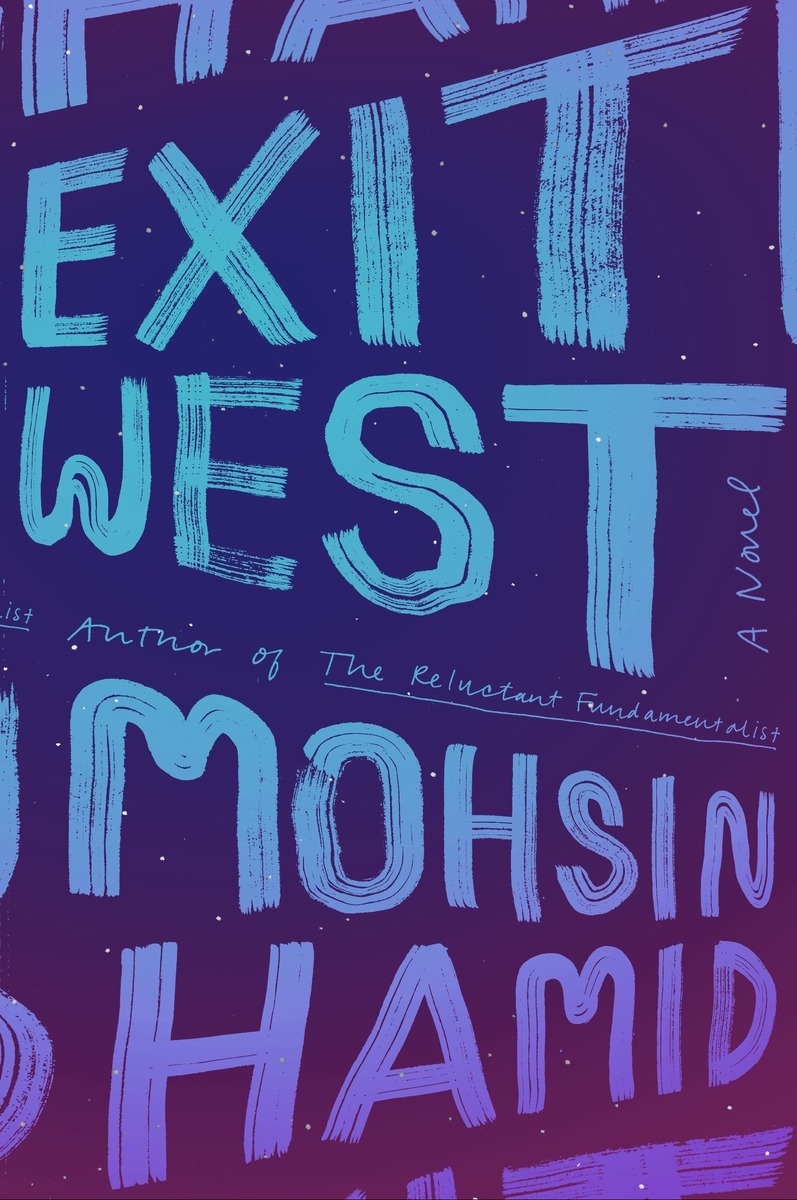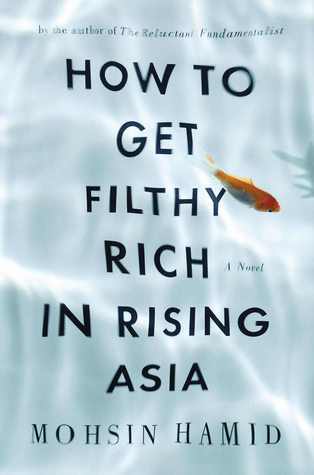
The Reluctant Fundamentalist
Book Description
Amidst the bustling streets of Lahore, an unexpected encounter unfolds between a Pakistani man and an American stranger, igniting a tension-laden dialogue that bridges cultures yet exposes deep divides. As they share a cup of chai, tales of ambition, love, and identity clash violently with the specter of suspicion and prejudice that shadows post-9/11 America. In this gripping narrative, loyalties are tested, and the fine line between confidence and fundamentalism blurs, leaving both characters—and readers—questioning their assumptions. What happens when the very beliefs that define us become the barriers that separate us?
Quick Book Summary
"The Reluctant Fundamentalist" by Mohsin Hamid is a compelling literary novel set in Lahore, Pakistan, where Changez, a once-promising Pakistani youth, recounts his transformation to an American stranger. Formerly a top student at Princeton and a high-flying financial analyst in New York, Changez finds his life unraveling after the events of 9/11. Relationships with his colleagues and his beloved Erica deteriorate, fueling his sense of alienation and prompting self-reflection about identity, ambition, and belonging. The novel's unique structure—presented as a monologue over tea—allows readers to experience both Changez's internal conflicts and the underlying anxieties between East and West. Ultimately, it interrogates what it means to be labeled a 'fundamentalist' in times of suspicion, exploring the blurry lines between cultural pride, personal conviction, and societal prejudice.
Summary of Key Ideas
Table of Contents
Search for Identity and Belonging
Changez, a brilliant young Pakistani, narrates his story to an uneasy American visitor in a Lahore café. He reminisces about his arrival in the United States as a scholarship student at Princeton, where he excels academically and lands a prestigious job at a top valuation firm. Filled with hope, Changez embraces American ideals and the promise of success, quickly adapting to life in New York and navigating both its professional and social spheres.
Clash of Cultures and Post-9/11 Prejudice
As Changez develops a close, complex relationship with Erica, a former classmate grappling with her own trauma, he experiences a profound sense of connection and yet increasing alienation. His affection for Erica is paralleled by his yearning for acceptance in American society. However, deep-seated cultural differences and Erica's inability to move beyond her past gradually drive a wedge between them. The personal becomes political when Changez confronts the reality of being an outsider.
Ambition, Disillusionment, and the American Dream
The September 11 attacks mark a seismic shift in Changez's life. He notices a dramatic surge in suspicion, hostility, and surveillance targeted at Muslims and South Asians, even as he continues to excel at work. Witnessing America’s response to the attacks—its military interventions and hardened attitudes—prompts Changez to reassess his allegiance, fueling disillusionment with the American Dream. The sense of belonging he once felt erodes amid tightening social divisions.
Love, Loss, and Alienation
Haunted by the tension between his heritage and his adopted ambitions, Changez chooses to return to Pakistan. He resigns from his lucrative job and becomes a university lecturer, advocating a more critical stance towards U.S. policies. Changez’s transformation is not into a religious fundamentalist but rather into a vocal critic of American imperialism, challenging readers to consider how identities can be shaped—and weaponized—by global conflict and prejudice.
Storytelling and Ambiguity
The novel's frame narrative heightens its ambiguity, leaving motives and outcomes deliberately unclear. As Changez and the American interact, the reader is left uncertain about the purpose of their meeting and the intentions behind Changez’s lengthy confession. The interplay of trust, suspicion, and storytelling blurs the boundary between victim and perpetrator, reflecting the larger theme of misunderstood identities in a divided world. The open-ended conclusion invites the reader to confront their own biases and perceptions.
Download This Summary
Get a free PDF of this summary instantly — no email required.





